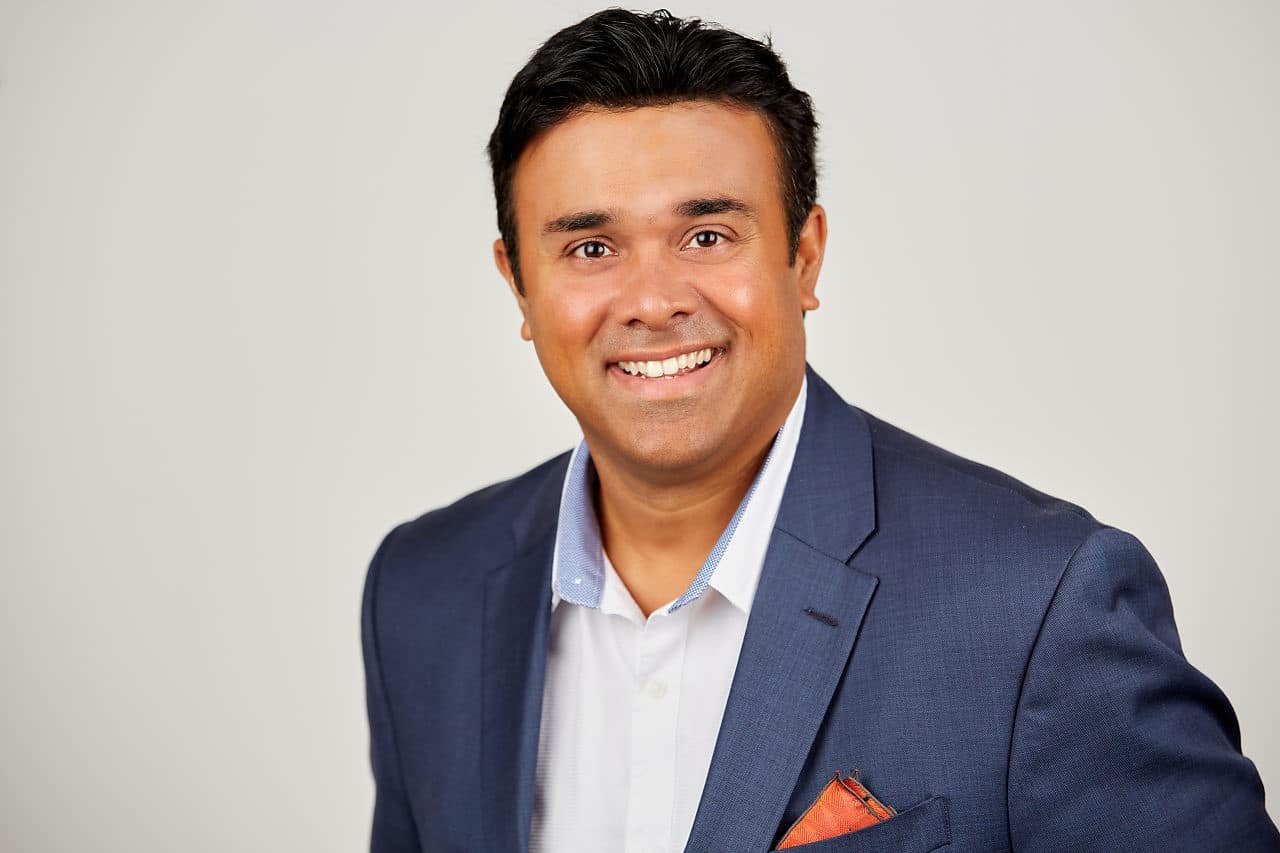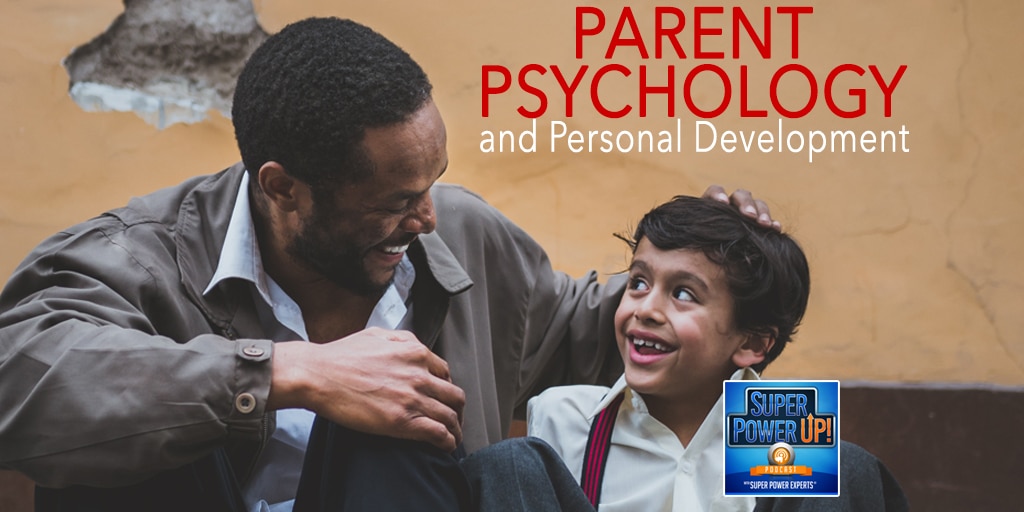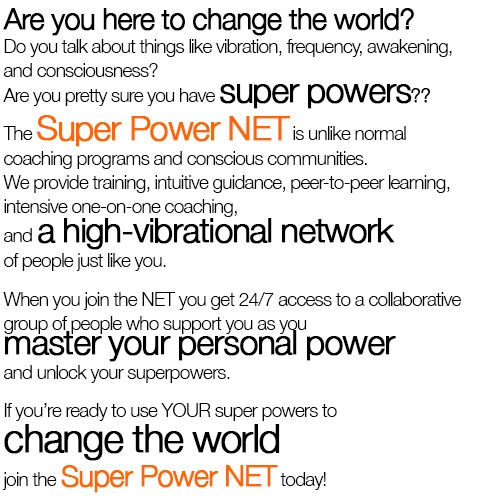
Hello everyone, this is Tonya Dawn Recla, your Super Power Expert, and I’m excited to have with us today Roger Ramsukh. We’re gonna talk today about, he’s the award-winning author of the book The Fearless Parents: 20 Ways to Inspire Success, Respect & Gratitude, which I know all of us parents are happy to have more of. So I’m really excited to talk with him today about parent psychology and personal development, and so I love that inner section.
A lot of us who are entrepreneurs and have kids and you know, even if you’re not an entrepreneur, but just the busy kind of life and you know you’re wanting to do more and be more and offer more to your kids and everything else. We need to look at that concept of the psychology of parenting through the lens of bettering ourselves, which is of course what Super Power Experts is all about, so i know if you’re listening to this show that is a topic that is of great interest to you, so I anticipate that we’re gonna have a really amazing conversation today with Roger, so if you’ll join me welcoming him to the show. Welcome Roger.
Thank you so much, I’m so excited to be here, Tonya. It’s a pleasure to be on your show.
Awesome. Well we’re excited to have you. We’re gonna jump in and ask what are your super powers?

My super power is my ability to connect with people.
I would say that my super power is my ability to connect with people, especially with children and help them through difficult times either emotionally or physically, and to connect with that part of themselves that brings them common piece and where their creativity flourishes.
And how did you get into all that? How is that a super power that you kind of figured out for yourself?
Well my background is that I work with kids and adults too, but mostly kids with intellectual and developmental disabilities and challenges. I’ve worked with kids with autism and autism spectrum disorder, and acquired great injury, and down syndrome, and a whole host of we’ll say disorders that people can be afflicted with. It was in working with them and in some cases in a school system, sometimes at home that I came to realize that some of the hardest to serve individuals I was able to connect with, and it was really hard for me at first to reconcile why it was that I was having success working in calming down some of these individuals or helping them through a difficult situation when a lot of people couldn’t.
When you’re good at doing something within an organization, they ask you to teach it, and so I started teaching it to the other staff members, and I came to realize that I could teach the principles but it didn’t necessarily translate into the same degree of success that I had. So I started thinking what is it that I’m able to do, or why is it that these people are responding so well to me, and not necessarily to somebody who I teach the principles to, who I think understand the principles and are applying them properly.
I think part of it is I approach the individual, I approach the child, I approach the person as a person first and then somebody with a challenge of some sort that needs help with second, and a lot of people looked at the person as, “Oh this is a person. This is a downs person.” Or, “This is an autism person,” instead of saying, “This is a person with down syndrome,” that this is a person first with autism second, or autism spectrum disorder second.
I think some of the most fundamental mind shifts that you can create about anything in your life comes down to what are your primary what we call response when you thought about something? What is the way you approach something right off the bat? What is the way you think about something right off the bat? And as you know, as you can probably appreciate with anything in life, whether you’re building a business, whether you’re raising a child, whether you are trying to decipher why this machine doesn’t work if you’re a mechanic, or why this person is feeling sick as a doctor, whatever it may be, it first comes down to how are you thinking about it, and if you can get in touch with the way you think about something first and get the mind right, well then all the other stuff flows very readily from that.
So parenting is no different. It is what thoughts do you have about yourself and what deficiencies are you carrying in your own self, in your own mind, your own perceived deficiencies I might add, that are then being translated to your child? When I was working with these individuals and working with the staff I came to realized that I had to do the mind shift work first before I taught technique, and that then got translated into working with people that are creating businesses, entrepreneurs that are creating businesses, and entrepreneurs trying to reach the kid and teach their kids success principles.
It doesn’t matter what you’re trying to achieve or what you want your child to become, or with your child themselves if they know if they’re young enough, or I’m sorry if they’re old enough, if they know what they want to become. It still comes down to what are you teaching them in terms of success principles and how are you parenting them to increase the likelihood that they’re gonna become a success, however you define that.
For me I define success as the progressive realization of your worthwhile dream, and so I say progressive because it is the building, success is a process, it’s a journey. It’s not a destination, and it’s your because I define success differently from the way you would define success and anybody else would. You know, some people say success is a million dollars. Other people say success is $100,000, and other people would say success is $50,000. And other people say success had nothing to do with money, it’s about that I raised two great kids, or one great kid, or a dozen great kids. Other people would say it has nothing to do with kids at all. It depends on what kind of person I’m being as I’m doing all those things, so each person has their own definition of success, but it’s your worthwhile journey.
I know this is kind of a long winded way of saying that it is out of working with these kids and training staff, and then training myself to train staff that I came to realize that there is something here that is worthwhile for other people to learn, and that was my first thought about I should coach other people and mentor other people to have them do this. That was the start of my journey, really.
Very cool, very cool, and how is that journey going for you?

I’ve grown immeasurably personally and professionally.
I would love to say that, “Oh once I came to this conclusion then heaven’s gates parted and sunshine rained down on me, and along with king gold coins,” but that hasn’t been the case, and it’s an inauthentic way to think about something. What I would say is that like everything, there are challenges, and those challenges are just that. Not an obstacle, it’s something that you learn from, it’s an opportunity to grow, it’s an opportunity to rethink about how you’re doing certain things, and I’ve grown immeasurably personally and professionally, and from the business perspective, people are really responding really, really well to some of the principles that I talk about, and the way that I go about coaching seems to be reaching people at a very deep, a very visceral kind of level, because unless you’re really in this field, which I know Tonya you are, and a lot of people that we speak to that we have in common kind of are in this field.
They’re exposed to these ideas and they think a certain way, but they’re so many people out that are not exposed to this kind of thing, and that they’re not exposed to these kinds of teaching, and nobody speaks to them from a very visceral gut level very often in their life, and usually it comes in a time of crisis unfortunately as opposed to that is a normal way of being. So a lot of people get stuck in having these pleasantries about the weather and what the traffic and about what was on TV.
But when we start asking them are you happy? Well that is sometimes I ask a very simple question of are you happy, and that’s starts an hour long conversation that you know they’d never had that conversation with themselves or with anybody else in probably their whole life, and that’s pretty sad.
Absolutely. So I really want to look at, we’re gonna take a quick break, but I really want to look at when we get back the intricacies of looking at that parenting concept, especially as it relates to growing yourself while you’re trying to help your kids grow and mentoring them, and doing that in the midst of all of the expedited kind of busyness that I think some of us can give voice to. So when we come back from the break we’re gonna talk with Roger about that. You’ve been listening to the SuperPower Up! podcast, and today we’re talking about parent psychology and personal development. Stay with us, we’ll be right back.
Find out more about Roger Ramsukh here: rogerramsukh.com
To listen to the entire show click on the player above or go to the SuperPower Up! podcast on iTunes.
Podcast: Play in new window


